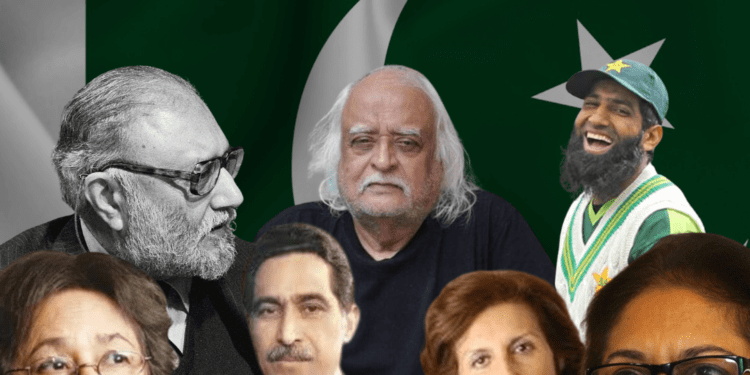Pakistan, a nation rich in cultural diversity, is home to numerous minority communities that have played pivotal roles in shaping its history, culture, and progress. While the dominant narrative often highlights the contributions of the majority, the achievements of Pakistan’s minorities—spanning fields such as literature, science, social activism, sports, and more—remain a testament to their resilience, ingenuity, and patriotism.
The day of Independence for Pakistan holds a significant value for not just the majority of Sunni Muslims, but other groups, ethnicities, and economic classes. August 14th brings with it a sense of specific nostalgia, reminiscent of early Independence days, fresh with the bittersweet tinge of the hardships of partition. On this day, to commemorate the plight of Pakistanis, in a more inclusive manner
Literary Giants and Cultural Custodians
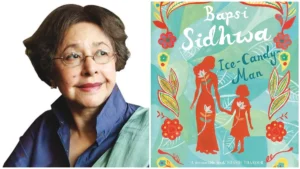
One of the most distinguished voices from Pakistan’s Parsi community is Bapsi Sidhwa, whose novels, including the internationally acclaimed “Ice-Candy Man,” provide an intimate portrayal of the Partition of India from a minority perspective. Through her poignant storytelling, Sidhwa has shed light on the historical and cultural complexities faced by minorities during one of the most turbulent periods in South Asian history.
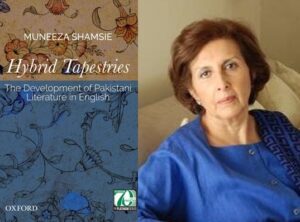
Another significant literary figure is Muneeza Shamsie, from a prominent Christian family. Shamsie, a writer and literary critic, has contributed significantly to promoting Pakistani literature. She has edited several anthologies, including “And the World Changed: Contemporary Stories by Pakistani Women,” which highlights the voices of women from various backgrounds, including religious minorities.
Social Justice Warriors and Human Rights Defenders
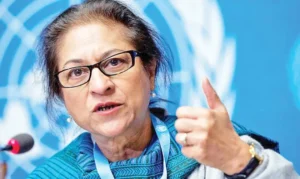
In the realm of social justice, Asma Jahangir stands out as a beacon of hope for marginalized communities, including religious minorities. Although not a minority herself, Jahangir’s legal work and activism laid the groundwork for the protection of minority rights in Pakistan. She co-founded the Human Rights Commission of Pakistan and fought tirelessly against religious intolerance, becoming a voice for the voiceless in a society fraught with sectarian divides.
Among the Christian community, Cecil Chaudhry—a war hero and later an advocate for education and minority rights—remains a symbol of dedication and service. Chaudhry, a decorated fighter pilot in the Pakistan Air Force during the 1965 and 1971 wars, later dedicated his life to advocating for the educational rights of underprivileged children and the upliftment of Pakistan’s Christian community. His legacy continues through the Cecil & Iris Chaudhry Foundation, which works to promote education and human rights.
Innovators and Pioneers in Science and Technology
Pakistan’s contributions to science and technology owe much to its minority communities. The most prominent figure is Dr. Abdus Salam, a Nobel laureate in Physics, whose groundbreaking work in the field of theoretical physics earned him international recognition. As a member of the Ahmadiyya community, Dr. Salam faced significant persecution, yet his love for Pakistan never wavered. His efforts in establishing the Pakistan Institute of Nuclear Science and Technology (PINSTECH) and his contributions to the peaceful use of nuclear energy reflect his commitment to his homeland’s scientific advancement.
Shoaib Sultan Khan, another notable figure, is a pioneer in rural development and poverty alleviation in Pakistan. Belonging to the Ismaili community, Khan’s work with the Aga Khan Rural Support Program (AKRSP) has transformed the lives of millions in the northern areas of Pakistan. His innovative community-driven approach to development has become a model not only in Pakistan but across South Asia.
Cultural Icons and the Arts
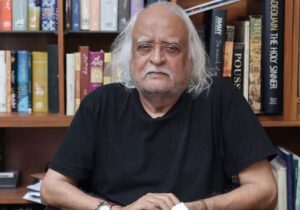
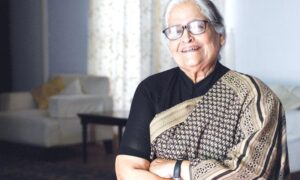
Pakistan’s rich cultural heritage has been significantly enriched by the contributions of minority artists. Anwar Maqsood and Zehra Nigah, both from the Shia community, have had a profound impact on Pakistani television and literature. Maqsood, a revered writer and satirist, has used his wit to comment on social issues, while Nigah’s poetry has become an integral part of the country’s literary canon.
In the performing arts, Noor Jehan, often referred to as Malika-e-Tarannum, was a Punjabi Muslim, but her impact was so significant that her legacy transcends religious and ethnic boundaries. Her influence on the film industry and her role as a cultural ambassador during the 1965 war are part of Pakistan’s proud heritage.
Trailblazers in Sports
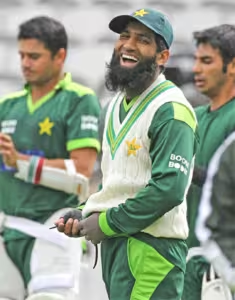
Minorities in Pakistan have also made significant strides in the sports arena. Danish Kaneria, a Hindu cricketer, emerged as one of Pakistan’s most successful spin bowlers. Despite facing discrimination throughout his career, Kaneria’s dedication and skill earned him a place among cricket legends, and his story remains an inspiration for many young athletes from minority backgrounds.
Another notable figure is Yousuf Youhana, who later converted to Islam and became known as Mohammad Yousuf. As one of the few Christian players in the national cricket team before his conversion, Yousuf broke barriers with his exceptional batting skills, becoming one of the world’s top Test players during his career. His journey from a small Christian community in Lahore to international cricket stardom is a testament to the potential that lies within Pakistan’s minority communities.
Unrecognized Heroes and Global Influences
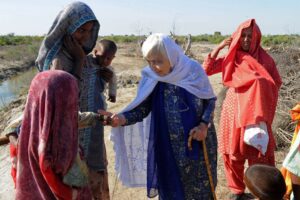
Pakistan’s minority communities have also contributed to its global reputation. Ruth Pfau, a German-Pakistani Catholic nun, dedicated over 50 years of her life to combating leprosy in Pakistan, earning her the title of “Mother Teresa of Pakistan.” Pfau’s work with the Marie Adelaide Leprosy Centre in Karachi helped bring leprosy under control in Pakistan, a feat that garnered international recognition and respect for the country.
In politics, Jogendra Nath Mandal, a Hindu Dalit leader, was a key figure in Pakistan’s early government, serving as the country’s first Law and Labour Minister. His role in the creation of Pakistan and his efforts to protect minority rights in the nascent state are often overlooked, but they remain crucial chapters in the country’s history.
A Call for Recognition and Inclusion
Despite these remarkable achievements, the contributions of Pakistan’s minorities often go unrecognized in mainstream narratives. The rich tapestry of Pakistan’s history is woven with the threads of its diverse communities, and their contributions are vital to the nation’s identity.
As Pakistan looks toward the future, it is imperative to acknowledge and celebrate the achievements of its minority communities. These communities have not only contributed to Pakistan’s progress but have also enriched its cultural and intellectual landscape. Recognizing their efforts is not just a matter of justice; it is essential for fostering a more inclusive, united, and progressive nation.
As the country celebrates another Independence Day, let us remember that the strength of Pakistan lies in its diversity. The stories of its minority achievements—of perseverance, creativity, and excellence—deserve to be told, honored, and preserved in the collective memory of the nation.
Related stories
Untold Stories: Pakistan’s Honest Minority Narratives
Empowering Minorities: Canada’s CFLI Collaboration in Pakistan’s Human Rights Journey

